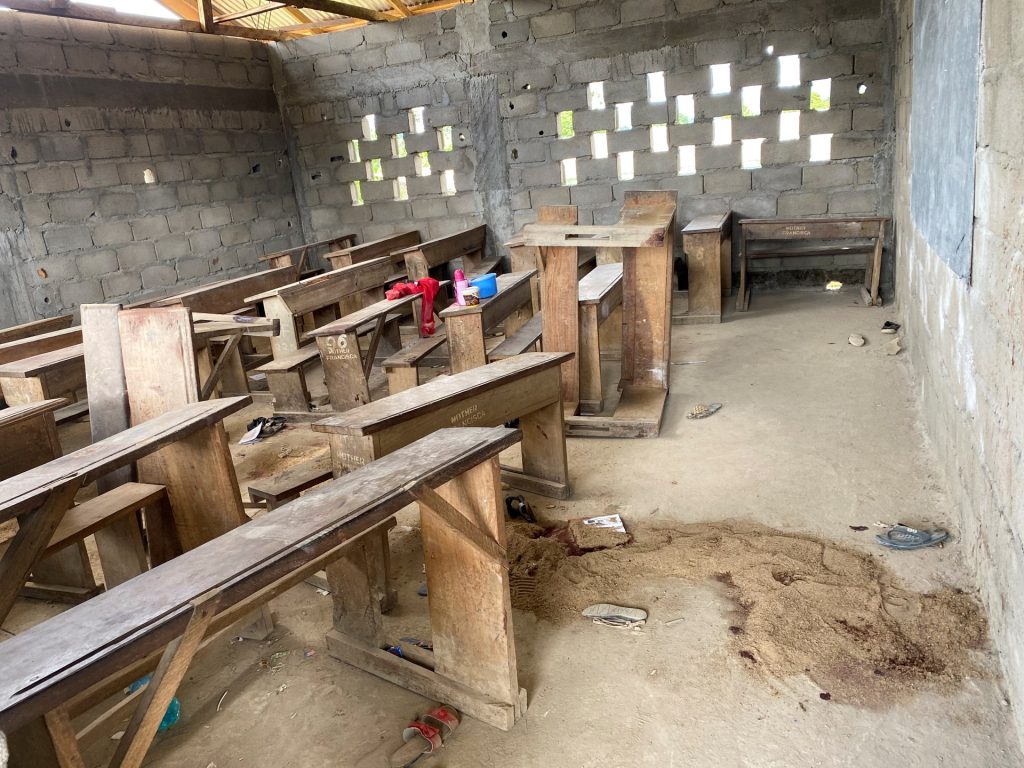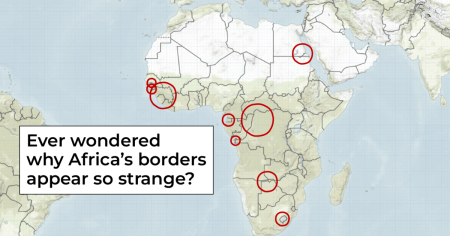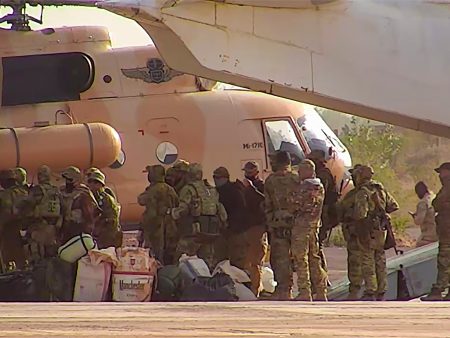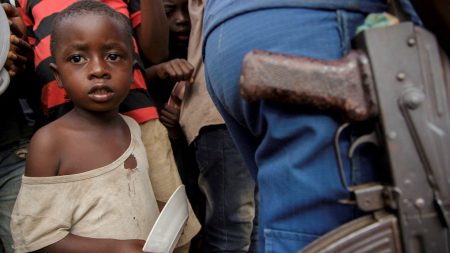The separatist conflicts in Cameroon’s Anglophone regions and Nigeria’s southeast have cast a long shadow over the lives of children, forcing them out of school and into precarious situations. Seventeen-year-old Paul Ngwa, from Limbe, Cameroon, exemplifies this tragic reality. Instead of attending school, he works two jobs to support his family, his education disrupted by the violence that has plagued the region since 2016. The fear of attacks by both security forces and separatist groups has become deeply ingrained in the lives of children like Ngwa, who witnessed the burning of his school and the beating of his teachers. His story echoes the plight of thousands of children in the Anglophone regions, deprived of education and forced to navigate a landscape of fear and uncertainty. Ngwa’s sisters, too, have been forced to abandon their studies, turning to farming to contribute to the family’s meager income. The combined earnings of the family are often insufficient, compelling them to take out loans just to survive.
Meanwhile, in Nigeria’s southeast, a similar narrative unfolds. Rejoice, a 15-year-old student in Orlu, was forced to stop attending school after witnessing the devastating impact of separatist violence on her community. The frequent sit-at-home orders enforced by separatist agitators have disrupted education and created a pervasive climate of fear. Rejoice’s personal tragedy underscores the profound impact of the conflict on children. Her best friend and her family were killed during a sit-at-home campaign, and her mother died of an asthma attack because neighbors were too afraid to break the order and take her to the hospital. Rejoice’s story highlights the silent cry of children trapped in this conflict, yearning for peace and the chance to return to school.
The trauma experienced by children in these conflict zones is often underreported. From massacres and kidnappings to sexual violence and displacement, the impact on children’s mental and emotional well-being is immense. In Cameroon, separatists initially targeted schools, viewing them as symbols of Francophone oppression. They imposed “liberation taxes” on communities and businesses, further exacerbating the economic hardship faced by families. Anita, a 17-year-old Cameroonian refugee, was abducted and raped by separatist fighters who were demanding these taxes. Her story illustrates the vulnerability of children in these conflict zones, where they become victims of extortion, violence, and sexual abuse.
The historical context of these separatist movements sheds light on the underlying grievances fueling the conflicts. In Cameroon, the Anglophone minority has long protested against marginalization by the Francophone majority. The government’s violent crackdown on peaceful protests in 2016 led to the emergence of an armed separatist movement seeking independence. Similarly, in Nigeria, the separatist movement in the southeast dates back to the Biafran War of 1967-1970. The resurgence of separatist sentiment in recent years has been fueled by perceptions of continued marginalization and government neglect. The sit-at-home orders enforced by the Indigenous People of Biafra (IPOB) have further disrupted daily life and education in the region.
While the separatist movements in both countries initially gained some popular support, their tactics, including violence against civilians and extortion, have eroded that support. Infighting among separatist groups and the emergence of armed gangs have further complicated the situation. The focus on violence has overshadowed the initial demands for greater autonomy and self-determination, raising questions about the long-term viability of these movements. The increasing violence and instability have also led to a decline in diaspora funding for the separatist groups, forcing them to resort to more predatory tactics to finance their operations.
The future for children like Ngwa and Rejoice remains uncertain. Schools in some areas are gradually reopening, but the fear of violence persists. Many children have lost years of education and are struggling to catch up. The psychological impact of the conflict continues to affect their well-being and their ability to learn. The international community must recognize the urgent need to address the humanitarian crisis unfolding in these regions and prioritize the protection and education of children. Ultimately, a lasting solution to these conflicts must address the root causes of the grievances and ensure that the voices of all communities are heard and respected. Without peace and stability, the future of children in these regions remains bleak, their hopes and dreams overshadowed by the ongoing violence and uncertainty.










